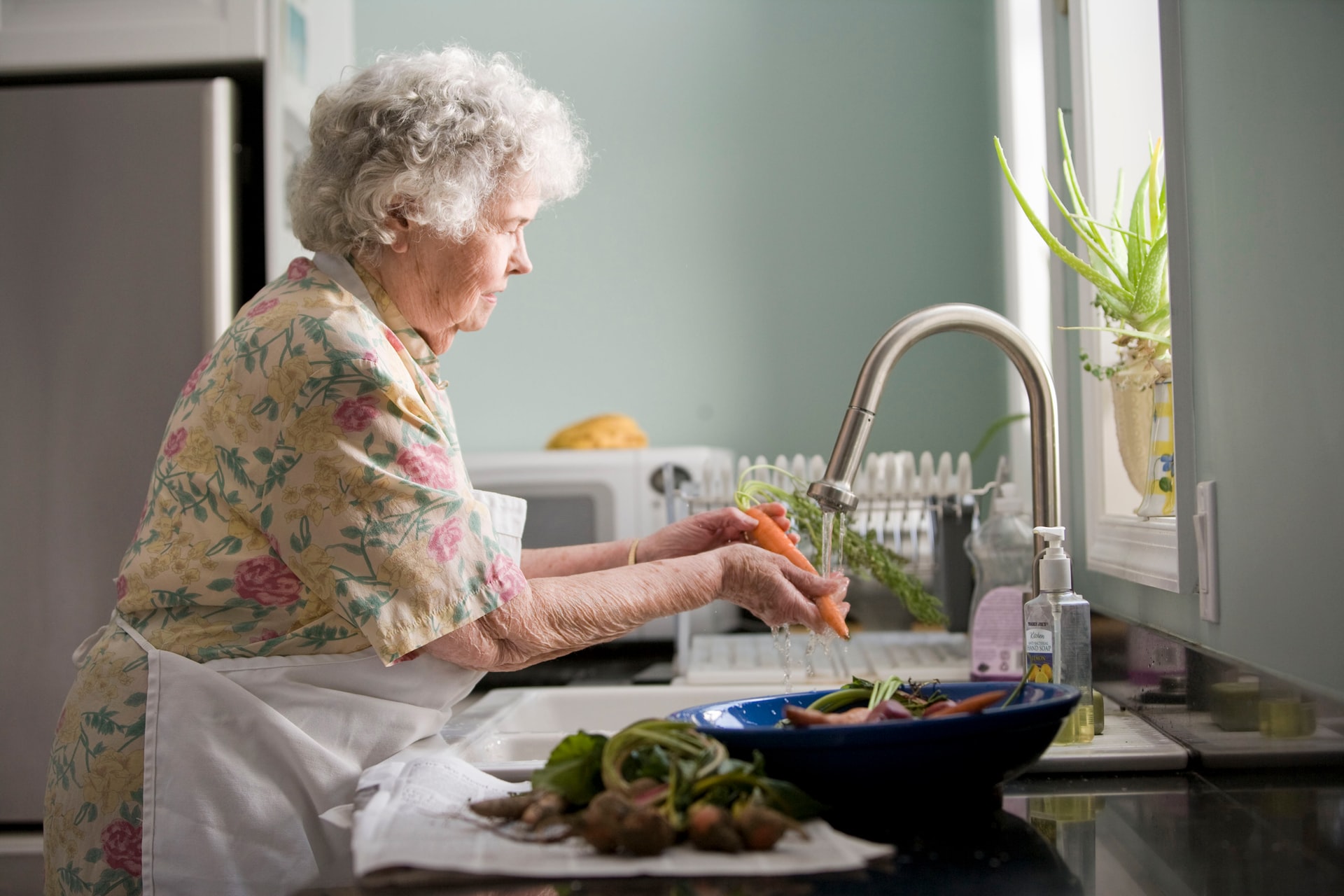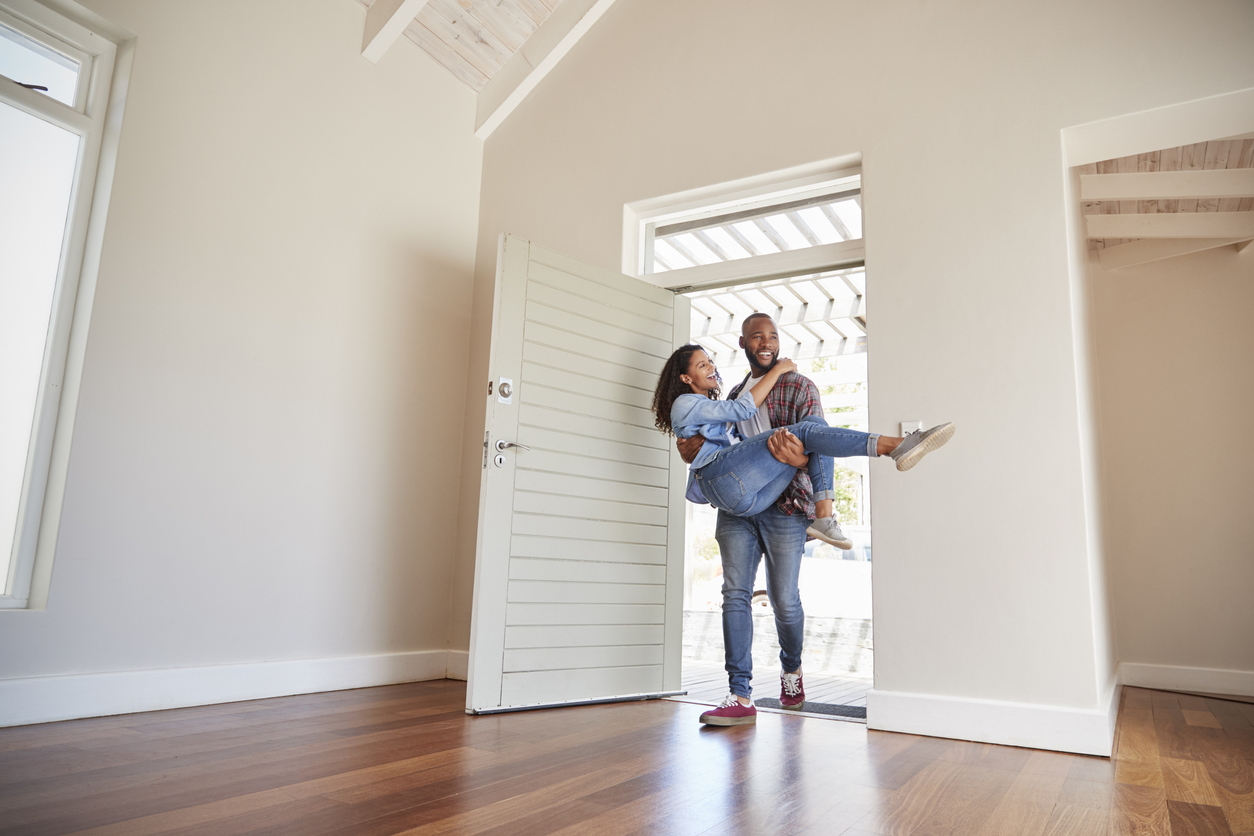There comes a time in everyone’s life when they must think about the future and where to spend it. Regardless of their lifestyle, settling down in one place for good is one of the hardest decisions anyone will have to make. Many questions pop up when it’s time to start contemplating this. Luckily, there are several experts on the matter of aging in place out there that can help answer them. Here’s their insight:
How can apps help seniors at home?
Home management apps automatically create a home maintenance schedule with seasonal recurring tasks to keep the home operating efficiently as well as health and safety tasks. Seniors will then receive email notifications over when to perform these tasks which helps with them not having to remember all these important tasks. As memory may become a challenge for seniors, this app creates a proactive system to notify them of what needs to be done and when. Seniors can share their accounts with their adult children. This gives family members access to the maintenance schedule, remodel projects, and home inventory data of their senior parents’ homes. They can also use the finances part of it which updates them on the value of the home, any remaining mortgage balance, and most importantly how much home equity they have. Seniors use their home equity as part of their financial retirement strategy with common uses like paying for unexpected medical care costs, vacation, and travel, or as part of their estate, they intend to transfer to their heirs.
– John Bodrozic, Co-Founder, HomeZada
What are some tips for staying productive while aging in place?
Being able to stay in your own home depends on your health and support system. Ideally, you should downsize into a smaller home and make sure it is only one story. Better yet, find a place with handicap features like grab bars in the bathroom. Make sure to stay near family, they will be the biggest key to making aging in place work from support to social life.
– Dorthy Shore, CEO, Prime Women
How can seniors stay connected while at home?
There are lots of great ways for seniors to stay connected from home. Social media is a great way for seniors to stay connected when they can’t get together face-to-face. There are a lot of social media options out there but seniors tend to use Facebook and Instagram more often. Both allow you to see posts made by your family and friends. These posts may be about something they have recently done or future plans, updates on key events like weddings, graduations, anniversaries, or maybe trips they have taken. Posts typically include pictures of loved ones or friends taken during these activities. Sometimes the picture could be the primary reason for the post like pictures of a new outfit, the new dog, or even what they had for dinner. Facebook Groups are a great way to share with a smaller group of people. You can create a family group for sharing posts, pictures, and videos only with those selected members. Or you can join an existing group of interest such as your high school graduating class, your local church, or other organizations that you and your friends belong to.
Then of course video chatting is a great way to stay connected. Seeing someone’s face while you are talking makes a stronger connection than just hearing someone’s voice. So instead of just calling your friend or family member, why not video call? While you are on the video call, you can easily add other people and make it a group call. Common apps for video calling include Facetime, Duo, WhatsApp, and Messenger. If you want to have something a little more structured, like inviting the whole family together for a virtual get-together, you can use a video conferencing app. These apps let you set a time in the future and send out invitations so people can have them on their calendars. Popular video conference apps include Zoom, Google Meet, and Facebook Messenger Rooms. There are lots of great ways to stay connected from right within your home. These tools can help and all you need is to take a class, ask a friend, or family member to get you started, and before you know it you are a pro!
– DR. Wade Yarbrough, Guide, GetSetUp
How suitable are cabins for aging in place?
Log cabins are a perfect option for aging in place, and many of the clients served by Honest Abe Log Homes intend to do just that. They make it clear that the home they are asking Honest Abe to design, manufacture, and in many cases build, will be the last home in which they plan to live. Log cabins are conducive to an open floor plan with the great room, dining area, and kitchen creating a one-level, easy flow.
Log homes are extremely energy efficient, which will over the years save on heating and cooling for homeowners living on a fixed income. We’ve found that not all homeowners who plan to age in place choose a one-story plan, though many do. However, it is not uncommon for our designers to create a completely self-contained living space on the main floor with additional bedrooms, bathrooms and even a loft office, library, or den on the second floor for visitors or perhaps live-in help if that is warranted in the future.
– Josh Beasley, President, Honest Abe Log Homes
How can yoga and mindfulness help with aging in place?
Yoga can help seniors rethink the aging process. Rather than adopt the prevalent view that aging makes a person fragile, weak, and sickness-prone, it can actually help older adults gain physical strength, mental clarity, increase flexibility, and boost their immune system. It can be a life-changing discipline that helps people gain a new foot in life!
– Kanika Sud, a Yoga for Seniors instructor at MyYogaTeacher
How can seniors do to avoid pests at home?
The one tip I’d give to seniors when it comes to avoiding pests at home is to go with natural insecticides, as strong chemicals could compromise their health. Oil spray insecticides are a good way to start. Mix a cup of vegetable oil with about a tablespoon of mild soap and thoroughly shake.
– Jack Miller, How I Get Rid Of
What are some signs that can make assisted living a better choice than aging in place?
Lack of socialization: when a typical day for Mom/Dad is sitting at home waiting for family to call, no daily interaction with others, or just watching TV, then Assisted Living is the better choice over aging in place at home. In Assisted Living, even for not very social persons, going down to the dining room 3 times a day is a huge benefit that can reduce stress and ward off anxiety & depression, especially when dealing with Dementia. Stress or fatigue caused by household tasks or personal care items: most think leaving their home entails losing their independence, but they actually gain it in an Assisted Living community: they can rest easy knowing there is a staff member present to help with anything 24/7 and they don’t have to worry about the upkeep of their home, snow removal etc… They get to put their feet up and enjoy life!
– Sondra Jones, Chief Marketing Officer, The Arbors Assisted Living
What types of aging in place medical services exist?
As for aging in place medical services, homebound individuals can receive home healthcare either in the form of occupational therapy (OT) and/or physical therapy (PT). Both services make people safer in the home and have similar roles. It’s not uncommon for patients to get both services. OT and PT both work to improve the safety of the home by making modifications. This can be something small such as hiding exposed wires or removing clutter from walkways, or something more major such as adding ramps or doing construction to make existing structures more accessible.
– Brittany Ferri, PhD, OTR/L, CPRP, Medical Solutions Barcelona
How can urinary continence be dealt with at home?
Urinary Continence issues can increase to 30% of all seniors over time but an alert senior can manage this or any other problem by having a positive attitude and getting knowledge to combat the issue. Prostate cancer is the most common malignancy in men but the good news is that it’s almost always manageable. Incontinence after surgery or radiotherapy may be an issue in 15% of patients and there is a great armamentarium of tools to manage all of this. As always “truth will set you free” and the PaceyCuff device is one of the great devices that can be applied in many ways along with pads and surgery to get a grip on this difficult problem and bring normalcy back for many years.Linking up with local groups of “Prostate cancer survivors” will bring fellowship and support as group members share experiences and ideas. Your Urologist or Urology Clinic Nurse will know where to find the best groups for you.
– Dr. Jack Pacey, MD, FRCSc, Pacey Cuff
How can seniors be better prepared for aging in place?
In regards to properly budgeting for aging in place, I would make a list of the main components of the home (roof, HVAC, etc) and detail the age of each component. Next, I would research the average life expectancy of each building component on the list to give you an idea of when you’ll be required to replace it. You can do some online research to determine the replacement cost of each building component and do the math to determine how much you should save each year to be prepared for replacement down the road. I would encourage anyone who is considering aging in place to visit their local property assessor’s office to inquire about any discounts/programs available for seniors in the area. Many areas will provide senior citizens living in the area with.
– Bill Samuel, Owner, Blue Ladder Development
What’s one major problem that can come from aging in place?
Aging in place brings with it how to care for and maintain the property when age-related issues ensue. Along with the costs of hiring lawn care, snow removal, etc. However, if determined to remain in the home, a reverse mortgage could be considered in providing for those and other additional expenses. Another issue may be the need to reduce possessions and the need to declutter in order to reduce costs and care and maintenance of items no longer required or necessary.
– Gary Kelly, Ears To Hear
Many more things come into play when someone’s ready to start the journey of aging in place, but these tips are sure to clear out some of the most relevant aspects of it. If you or your loved ones have made this decision, it’s just a matter of getting things started!




